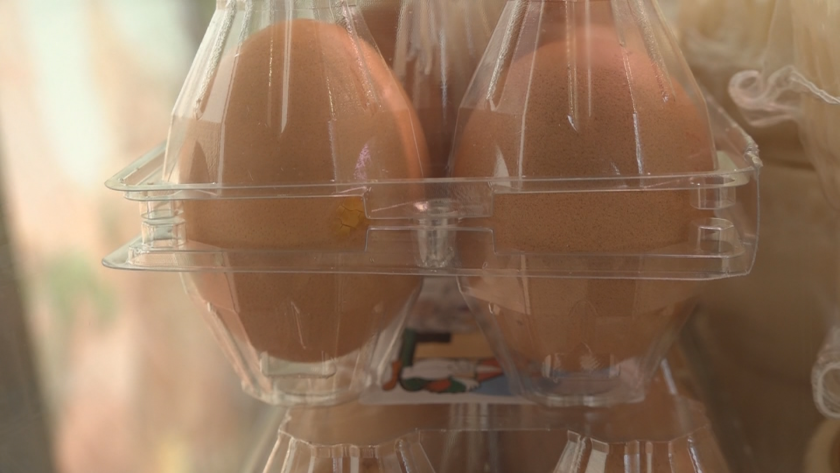Are Ukrainian eggs still sold as Bulgarian?

Eggs and chicken meat from Ukraine and other European countries are massively imported to Bulgaria, relabelled and sold in shops as produced in Bulgaria, the Association of Industrial Poultry Farming warned on January 5.
According to the producers, this not only undermines the domestic market, but is also dangerous because the origin, quality and suitability of use of the products cannot be controlled.
The Bulgarian Food Safety Agency confirmed that there is such a problem and checks are continuously being carried out. However, the market is not flooded with imported goods that are presented as Bulgarian.
The Bulgarian Food Safety Agency confirmed that there is such a problem and checks are continuously being carried out. However, the market is not flooded with imported goods that are presented as Bulgarian.
According to the association of poultry farmers, the problem is not new, but it is getting worse. This is especially true for the sale of eggs from third countries with Bulgarian labels.
“Until recently, we used to produce about 110-115% of the country's consumption, but after the bird flu last year, things have changed and the niche that opened up was occupied by exactly such eggs," said Daniel Bohankov, chairman of the Association of Industrial Poultry Farming.
However, according to the experts from the Food Safety Agency, there is no way to erase and put a new code stamp and this is exactly what we should pay attention to when buying eggs.
"They are marked with a laser printer and it is extremely difficult, not to say impossible, to remove the original code from the egg shell and put a new one on," said Dr Lubomir Kulinski, director of the Food Control Directorate at the Bulgarian Food Safety Agency.
Poultry meat is also massively imported into the country, which, according to poultry farmers, is presented in the shops as domestically produced.
"Chicken meat from Poland, Hungary and other countries, when it enters Bulgaria, it goes to Bulgarian cutting plants, is cut, labelled with Bulgarian labels and when it enters the shops, the consumers have no way to familiarise, so this is a kind of deception, the consumer has no way to know where this meat is produced," explained Daniel Bozhankov.
The state monitors food imports from Ukraine particularly closely. Every consignment of plant or animal origin is physically inspected according to documents. Samples are also taken for laboratory testing.
Get the latest news wherever you are!
Follow us on
Facebook
and
Instagram
Follow BNT’s YouTube channel
You can now also watch us on
TikTok
Find us on
Google News























